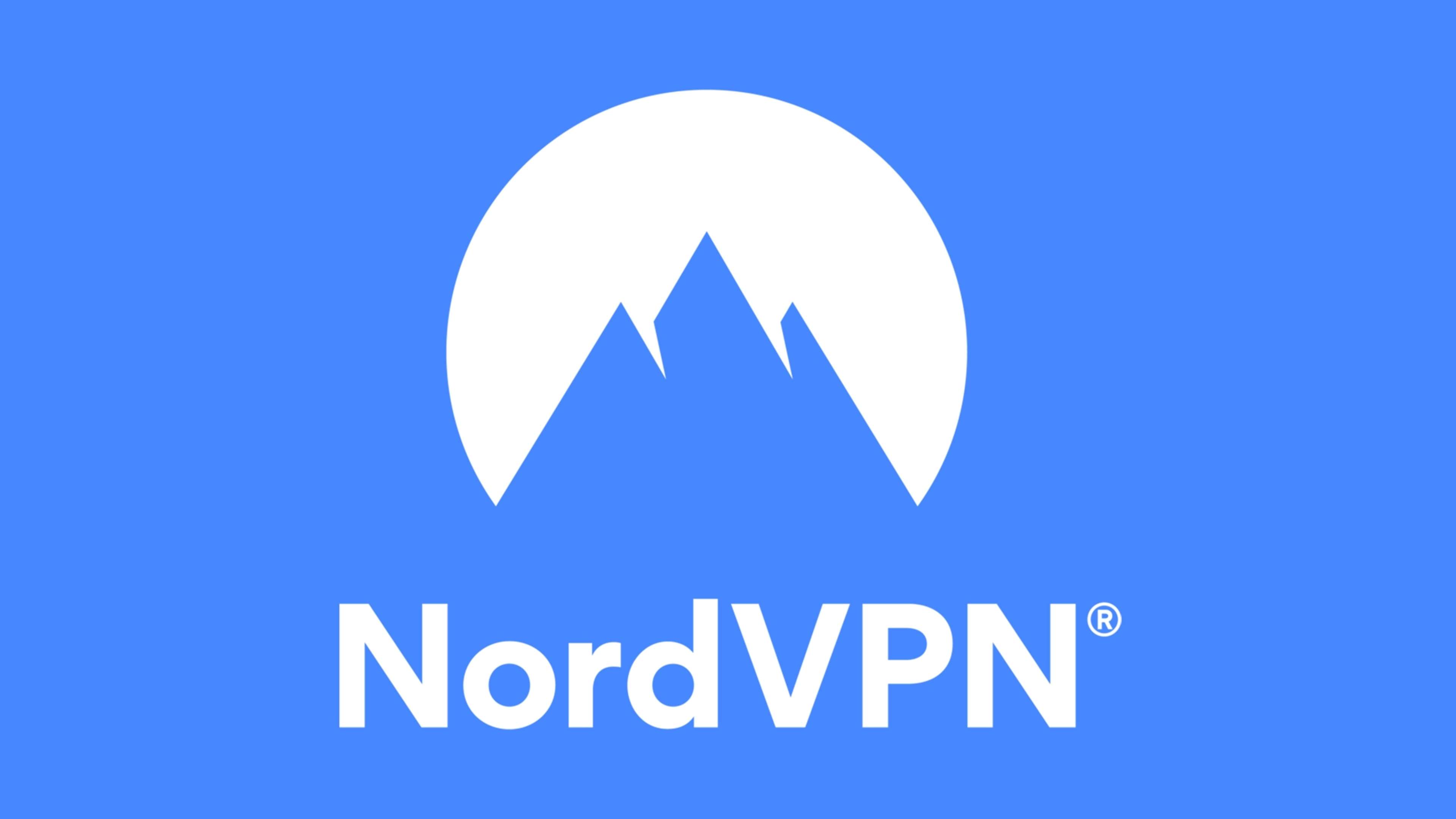Tired of annoying blackout rules stopping you from watching your favorite team? Frustrated by games that are only shown on the other side of the world? A VPN could be the answer to your problems.
Don't worry if the idea of a VPN sounds intimidating. They're actually much simpler than you might think. We'll break down the process so you can set up your own VPN and start watching all the sports you want.
What is a VPN?
 Getty Images
Getty ImagesImagine you're in a cafe using their free Wi-Fi. Without a VPN, anyone else on that Wi-Fi could potentially see what websites you're visiting and maybe even steal your passwords or banking information.
A VPN is like building a shield between you and the internet. Everything you do behind that shield is hidden, so even if someone is snooping on the Wi-Fi, they won't be able to see what you're doing.
How can a VPN help me watch sports?
 Petter Lagson / Unsplash
Petter Lagson / UnsplashSometimes, sporting events are restricted to specific countries due to broadcasting rights.
A VPN can act like a virtual passport, allowing you to connect to the server in the country where the sporting event you want to watch is being broadcast.
This would allow you to sign up to the broadcaster in that country to watch the game.
How do I set up a VPN?
Setting up a VPN is a simple process, but several steps need to be followed to ensure a working connection. Here is our six-step guide on how to set up a VPN.
1. Choose your VPN provider
To get started with a VPN, first research providers to compare pricing, features, and reviews. You can check out our guide on the best VPNs to help you decide.
2. Subscribe to your chosen VPN provider
Once you've chosen a VPN, select your desired subscription plan and create an account using your email. Choose your payment method, enter your details, and you'll receive a confirmation with instructions on how to download and start using the VPN software.
3. Download the VPN's software or app to your device
Installing a VPN is usually very straightforward, even if you're not tech-savvy. After downloading it from the VPN provider's website or app store, open the app, and it'll guide you through the setup process. It's often as easy as clicking a few buttons and agreeing to the terms of service.
4. Log in to your VPN
Once the VPN app is installed, open it up just like any other program. You'll then be asked to enter your username and password. These are the same details you created when signing up for the VPN service.
5. Choose a server location
Most VPN apps will have a list or map of the countries where they have servers. For streaming sports, pick a server in the country where the game is being broadcast.
6. Connect to your VPN
Click the 'Connect' button. Congratulations, you now have a working VPN!
What sports can I watch through my VPN?
 Getty Images
Getty Images A VPN can be your ticket to an unlimited number of sports, allowing you to bypass frustrating restrictions that prevent you from watching your favorite teams in the NFL, NBA, MLB, and more.
It can also help when you're traveling and stuck with a Premier League blackout or when you want to catch a big international match with commentary in a different language.
In short, you can watch any sport through a VPN.
VPN FAQs
 Getty Images
Getty ImagesAre VPNs legal?
Using a VPN is completely legal in the US and most countries.
However, when streaming sports using a VPN, it's important to check local regulations to ensure your activities are legal.
Additionally, streaming services may be blocked in certain countries, so make sure to check this before you start streaming. You can find this information on the website of your chosen VPN provider.
Does a VPN slow down my internet connection?
The answer to this question is: it depends. Generally speaking, a VPN will not significantly slow down your internet connection, but some factors can impact your speeds.
The most common factors include the distance between the VPN server and your device, the number of people using the server simultaneously, and the speed of the server's connection.
How much does a VPN cost?
The cost of a VPN will vary depending on the VPN provider and the plan you choose.
Generally speaking, providers offer a range of plans at different prices, with most offering discounts for long-term plans.
Most of the best VPN services also offer a 30-day money-back guarantee.
Can I use a VPN on mobile or external devices?
Yes, you can use a VPN on your mobile device, or external device, such as an Amazon Fire TV Stick. Most VPNs have their own apps to make the task of connecting even easier.
All you need to do is download the appropriate app to your device and follow the instructions for setup.
Once your device is connected to the VPN, you can start browsing the internet with complete privacy and security.
Are there any free VPNs?
Yes, there are free VPN options available. However, it is important to note that many free VPNs may not be as secure as their paid counterparts.
Additionally, most of these free VPNs limit the amount of data you can use, so be sure to consider your likely VPN usage before choosing one.
Ultimately, if you are looking for a secure and reliable service, a paid VPN is always the best option over a free VPN.
Can I use a VPN to watch sports?
You absolutely can use a VPN to watch sports. Both live and on-demand games not within your subscription, or from outside your geographical broadcast area, can be accessed with a VPN.
Simply use a connection in the corresponding area you wish to access, and get ready to watch all the action you want, from live NFL games to Premier League matches and beyond.
Can I use a VPN to watch Sky Sports?
You can use a VPN to watch Sky Sports, providing your VPN package has access to a server that offers the British media giant among its portfolio.
Nord VPN includes access to Sky Sports, which means users can watch all their favorite action from the Premier League and other major sports, including Formula One, the Indian Premier League and more.
Can I access a VPN through a games console?
In addition to mobile and external devices, you can access a VPN through a games console - but the process is significantly trickier, and will require an additional device to make the connection.
This is because games consoles, such as the PlayStation 5, do not support built-in VPN functionality. You will have to connect through either a router or your PC in order to make it work.




